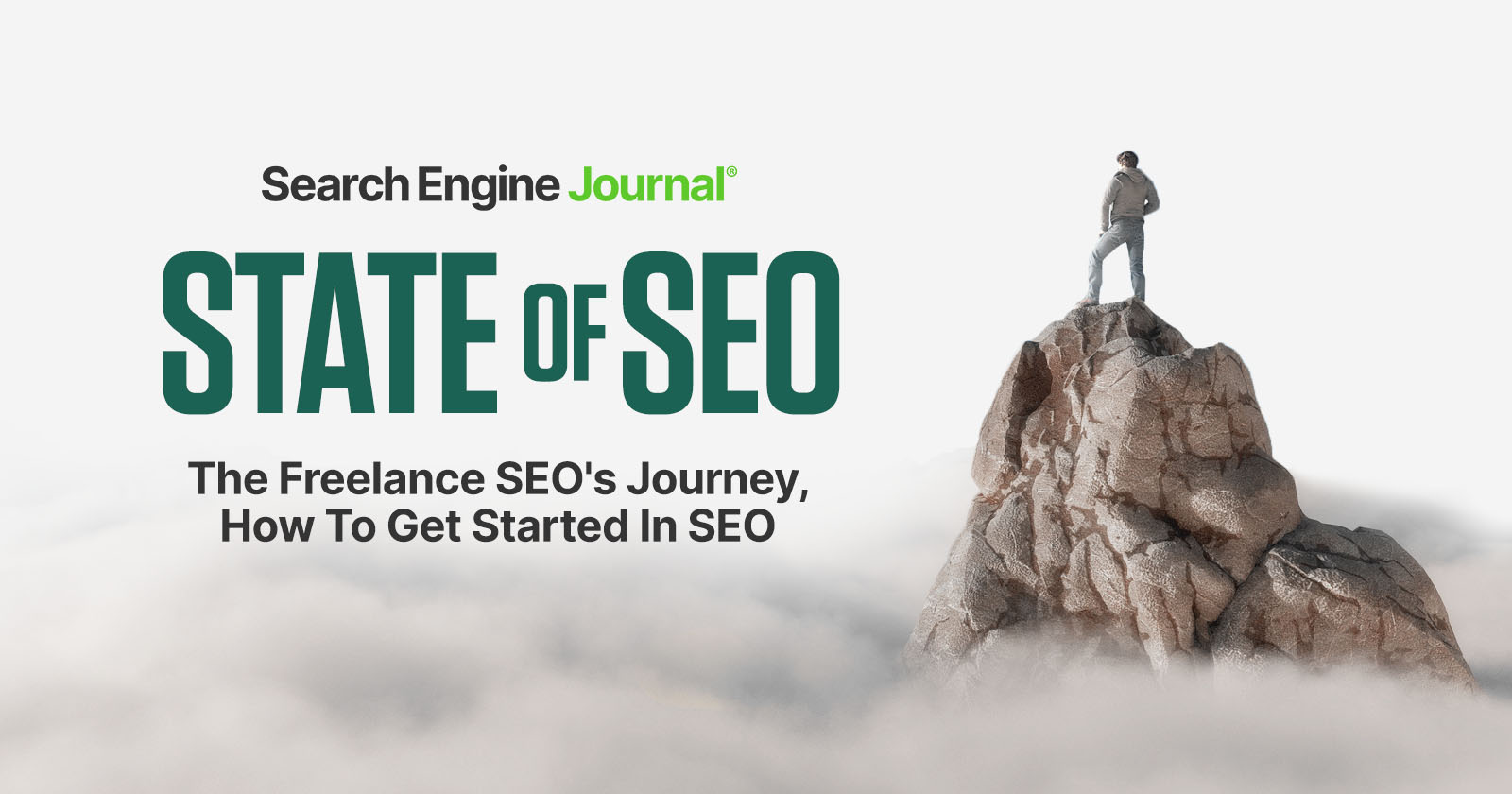DENVER — Plaintiff Lorie Smith is giving more insight into her U.S. Supreme Court case 303 Creative LLC v. Elenis following Monday’s oral arguments.
The Littleton web designer, who owns 303 Creative LLC, says Colorado’s anti-discrimination law would force her to create wedding websites for same-sex couples if she was asked to do so.
The case could impact whether certain businesses can legally justify a refusal to serve certain people.
Smith says she wants for businesses that create custom expressions— things like artwork— to be able to turn down requests to be able to turn down requests that go against their beliefs.
We won’t know how the court will decide on her case until June.
In the meantime, we asked her how she got connected with Alliance Defending Freedom, the legal organization that represented her pro-bono.
“A little bit longer than six years ago, I wanted to expand my design portfolio to create custom wedding websites,” said Smith. “I saw the way that the state of Colorado was treating other people of faith, people like Jack Phillips, and I was really concerned. So I reached out to my pastor who referred me to Alliance Defending Freedom, and I spoke with them. They said, ‘You should be concerned if you create consistent with your convictions. Colorado can force you to set aside those convictions to create custom unique one of a kind websites, communicating a message on marriage that goes against the core of who you are.'”
Smith said rather than wait to be punished for refusing to serve certain people, she wanted to take her concerns straight to court.
Alliance Defending Freedom, which featured Smith prominently on its website at the time of this article, refers to itself as the “world’s largest legal organization” committed to “God’s design for marriage and family.” There is also a donation page on the site for Smith’s case.
As for Smith’s future, she said she’s focused on her business.
“I’m an artist,” said Smith. “I’ve always been an artist, I’ve always been creative. I just want to create consistent with my beliefs and pour my creativity into artwork that I’m passionate about.”
On social media, there were several comments inquiring about whether Smith would refuse to serve people other than those looking for same-sex wedding websites. In short— the answer is yes.
“I have declined projects that are political or promote a different view on a religion,” said Smith. “And there are a number of different types of messages that I would certainly have to decline if presented. And so this goes beyond not just the marriage context.”
Ted Cruz and the United States Conference of Catholic Bishops (USCCB) are among Smith’s supporters.
Smith’s efforts are also drawing push-back from other groups. Twenty-one left-leaning states and the District of Columbia told the Supreme Court that siding with Smith could lead members of protected groups to be exposed to more discrimination in the marketplace.
We have to wait until June to learn the case’s outcome. Legal experts, however, see the court likely siding with Smith.

